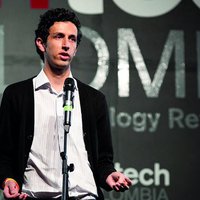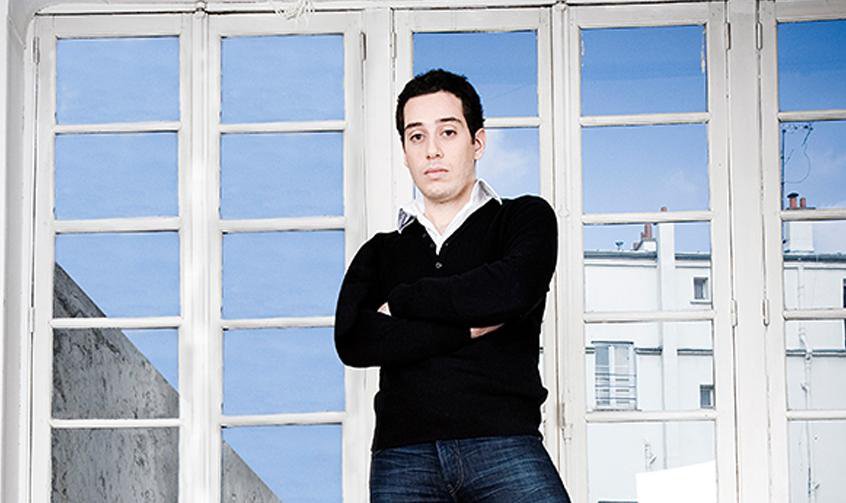"To many youngsters who are well versed in technology, freedom to access copyrighted music might automatically equal hacking, P2P (peer-to-peer) sharing and other similarly illegitimate activities. To be honest, this too is exactly how Daniel Marhely started at the tender age of 19, ''I wanted to access my music, and my friends', anytime and anywhere.”
In 2007, Marhely launched a very popular web platform, Blogmusik, which made it easier to (illegally) share music with friends, for the despair of content right owners which fought their way back. Since then, Marhely changed the course of music consumption by pushing innovation much farther, rather than fighting as an outlaw as others did in other web domains, he set out to find an agreement with the same music creators and distributors, initially in France and later abroad, to join forces and vision to offer the same music, through the web, in a 100% legal way. That's how music streaming started, something immensely popular today. Blogmusik became Deezer, a world heavyweight on the global music market today, with a presence in 160 countries and over 3 million subscribers in constant growth.
Creating a massive catalogue of online consumption rights was Daniel's first task, but the core of Deezer is its constant technological innovation, something easy to understand when we consider that every year, new devices are launched on the consumer market. The growth of Deezer is strictly intertwined first with that of mobile phones, and tablets then, ''Regardless of technology, the basic principle remained the same: to let everybody listen to music on any device,'' says Daniel.
Starting with Flash, which was practically hegemonic when Marhely launched the mobile version of Deezer in 2009 on multiple platforms (iOS, Android, Blackberry), and then adopting mixed HTML-Flash technologies before finally integrating full HTML5 capabilities today, no year since 2007 has been the same. Daniel encourages spontaneous innovation by independent developers on his site, through Open Deezer, the API (Application Programming Interface) launched in 2012, and the dedicated space for apps, the App Studio. All of this to “create new music experiments” which may then be integrated into the core Deezer functionalities.
Marhely's innovative vision is not restricted to technology and usage: “Revenues from traditional music supports are dropping all the time. By allowing the web shift, all the actors on the global music market – consumers, technology providers, labels and artist – benefit from it.” he says. This is why Deezer's business model implies revenue sharing on advertising with all stakeholders. A clear sign of this evolution appears from the World Music Study 2012 published by NPD: over 40% of those who downloaded illegal music in 2011 have replaced this pirate activity with total or partial legal consumption. Creating a virtuous movement, that's perhaps the greatest innovation introduced by Marhely."




